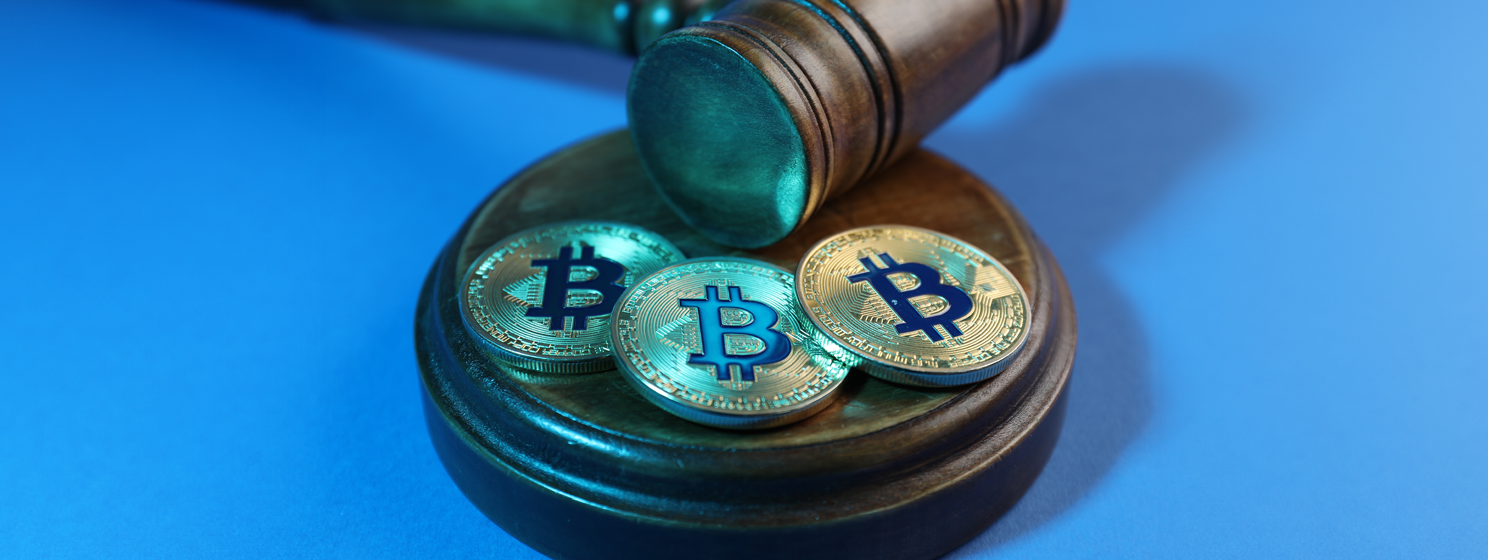|
Getting your Trinity Audio player ready...
|
The government of Hawaii is launching a regulatory sandbox for digital currency issuers. The sandbox will allow the successful applicants to conduct business in the state without necessarily having to obtain the required licensing. The state hopes to use the insight from the sandbox to formulate regulations for the budding industry.
The program is a partnership between the Department of Commerce and Consumer Affairs, the Hawaii Technology Department Corporation and the Division of Financial Institutions (DFI). Known as the ‘Digital Currency Innovation Lab’, it will run for two years, with the application period ending on May 1.
The state is aiming to use the program to “achieve a more in-depth perspective of digital currency and allows digital currency issuers to do business in Hawaii without obtaining a state money transmitter license during the effective period of the pilot program.” The government will also use the insights it gains from the program to guide the regulation of digital currencies in the Aloha state.
The selected companies will go through a strict review process to ensure that the consumers are protected. They must prove that they have the needed financial and technical expertise to conduct their business in the state. The DFI has issued a ‘no action’ message for the participants, Commissioner Iris Ikelda revealed. This means that the regulator will not take any action against any company that engages in what the DFI considers ‘unlicensed money transmission activity’, if the company is admitted into the program.
The commissioner acknowledged that digital currencies are the future and that the state must find a way to accommodate them, stating, “DFI is leveraging its statutory authority to provide an innovative way to introduce digital currency issuers into the State of Hawaii, while ensuring the safety of our consumers. By acknowledging digital currencies as a transmission vehicle of the future, we will be able to craft legislation that is conducive to its development in Hawaii.”
The acting director of the HTDC, Len Higashi, believes that the program will allow the state to be on the digital currency frontline and reap the benefits of the new financial order. And while the sandbox is a step in the right direction, Hawaii is a little late to the party. Other U.S states have been supporting digital currencies for long now. New York’s financial regulator, the DFS, for instance, issued eight BitLicenses in 2019 alone to digital currency companies. Ohio allowed payment of taxes through digital currencies, while Wyoming and Colorado have passed laws exempting digital currencies from securities regulations.
Hawaii has in the past made it quite difficult for digital currency businesses, most notably through a legal requirement by the DFI requiring these businesses to hold fiat currency reserves equal to their digital currency holdings. This double reserve requirement has seen the state repel many digital currency businesses which have described it as draconian. One of the most prominent victims to the law was Coinbase exchange (NASDAQ: COIN) which exited the state in 2017 stating that the cost burden that came with this law was impossible to cover.

 01-31-2026
01-31-2026 




